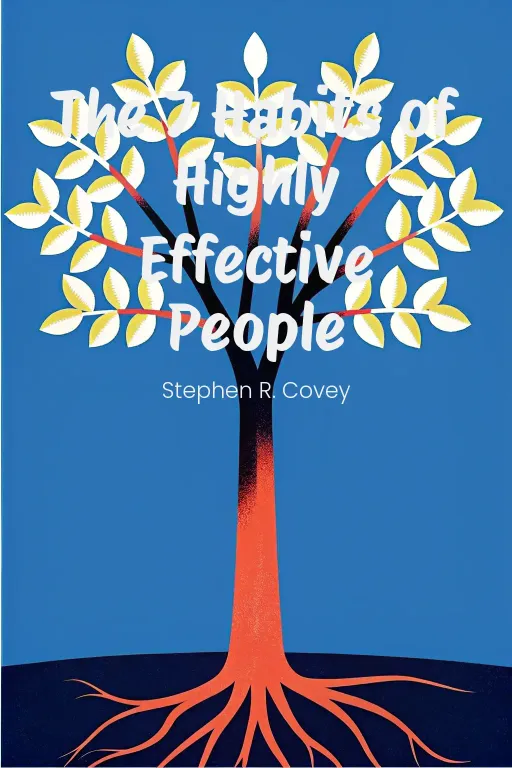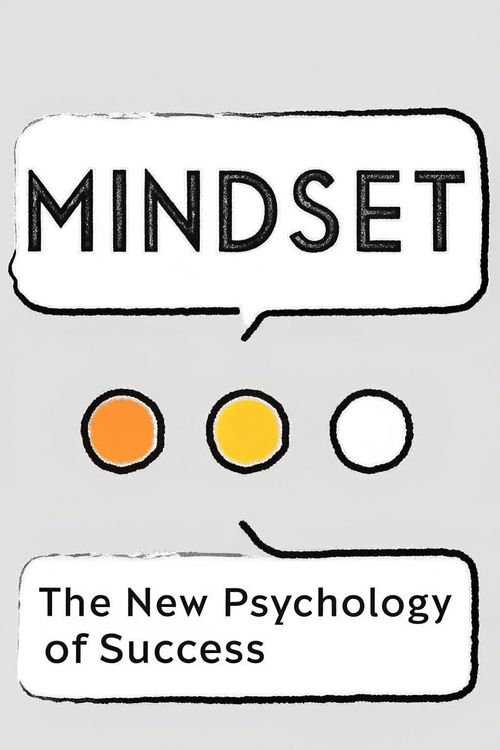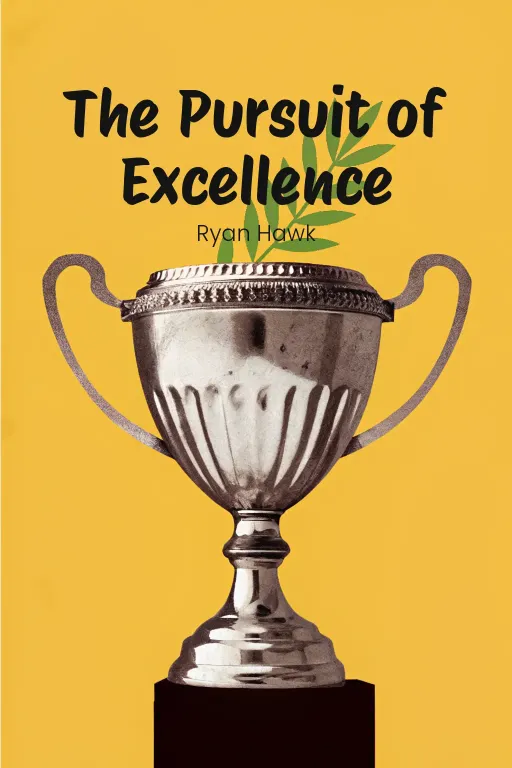
The 7 Habits of Highly Effective People
Productivity
Stephen R. Covey
The Seven Habits of Highly Effective People: A Comprehensive Summary and Analysis
I. Introduction
Stephen R. Covey’s seminal work, The Seven Habits of Highly Effective People, constitutes a profound exploration of effectiveness as derived from intrinsic values and principles rather than superficial techniques. Covey’s framework integrates timeless truths that resonate with the human experience, serving as a guide for individuals seeking personal and professional growth. The philosophical underpinnings of Covey’s claims draw heavily upon the notion that meaningful, lasting change initiates from within rather than from external manipulations or quick fixes.
At the heart of Covey’s discourse is the principle-centered approach, encapsulating seven key habits that aim to facilitate a transformative journey toward personal effectiveness. Each habit provides insights that, when internalized and practiced, contribute to the elevation of character, relationships, and overall life fulfillment. Covey invites readers to embrace a holistic paradigm shift, moving away from dependence and toward independence before ultimately achieving interdependence—where genuine collaboration thrives.
This summary will explore in-depth the foundational themes of Covey’s work, the delineation of the seven habits themselves, the essential philosophical undercurrents, and the implications of adopting this framework for personal development. Moreover, careful consideration will be given to the advantages and limitations of Covey's principles, their impact on individual lives, and the broader societal significance of his teachings.
II. Foundational Concepts
A. Paradigms and Principles
At the core of Covey's ideology lies the recognition of paradigms as the mental frameworks that shape our perceptions and behaviors. Covey posits that paradigm shifts—essential adjustments in our mindset—are crucial for creating effective change in our lives. The transition from conventional thinking to a more principle-centered understanding empowers individuals to recalibrate their motivations and actions in alignment with time-honored truths.
The distinction between character ethics and personality ethics reinforces the need for paradigm shifts. Character ethics emphasize integrity and moral fortitude, while personality ethics concern superficial traits and techniques that may yield temporary results. In emphasizing character ethics, Covey implores readers to consider the long-term impact of internal values on effectiveness, advocating for an inward focus as the pathway to genuine growth.
B. Primary and Secondary Greatness
Covey introduces the categorization of primary greatness as an intrinsic quality rooted in character and values, distinguishing it from secondary greatness that emphasizes external achievements such as status, wealth, or recognition. The implications of this distinction underscore the reality that true fulfillment often lies beyond external validation. Individuals may attain secondary greatness, only to grapple with feelings of emptiness and discontent when core values are not addressed.
C. Habit Formation
The intricacy of habit formation serves as a foundational pillar within Covey’s discussion. Habits are conceptualized as the composite manifestation of knowledge, skill, and desire, which collectively enable personal transformation. Covey delineates a maturity continuum that progresses from dependence through independence, ultimately culminating in interdependence. Each stage reflects a natural evolution in human relationships, emphasizing the need for continuous development as a precondition for effective living.
III. The Seven Habits: Private Victory
A. Habit 1: Be Proactive
The first habit, Be Proactive, emphasizes the importance of acknowledging one's capacity to choose responses despite external circumstances. At the crux of proactivity lies the recognition that individuals hold the power to dictate the trajectory of their lives through conscious choices. Covey urges readers to examine their "Circle of Influence," advocating for a focus on proactive behaviors that foster personal accountability rather than succumbing to reactive tendencies influenced by external factors.
Emotional dependency on external centers such as relationships, money, or pleasure ultimately undermines long-term personal effectiveness. Covey cautions against these dependencies, advocating for a firm grounding in principled living as a means to cultivate resilience and foster authentic self-worth.
B. Habit 2: Begin with the End in Mind
Beginning with the End in Mind involves the crucial exercise of envisioning one’s desired outcomes, thereby establishing a personal vision that aligns with core values. Covey underscores the importance of crafting a personal mission statement as a guiding compass—an actionable reflection of one's aspirations that directs daily decisions toward achieving meaningful goals.
This habit metaphorically positions individuals as architects of their destinies, positing that clarity of intent forms the foundation of all pursuits. Engaging deeply with the end result encourages individuals to take proactive steps aligned with their long-term missions rather than becoming ensnared in the demands of the moment.
C. Habit 3: Put First Things First
Covey's third habit emphasizes prioritization through the lens of the Time Management Matrix, distinguishing between urgent and important activities. The crux of effective time management lies in identifying and prioritizing Quadrant II activities—those that contribute to long-term goals without the immediate pressures of urgency. Covey’s insights encourage a disciplined approach to life, prompting readers to consciously allocate time and energy to the pursuits that align with their mission statements, thereby fostering personal growth and fulfillment.
IV. The Seven Habits: Public Victory
A. Habit 4: Think Win-Win
The fourth habit, Think Win-Win, cultivates an abundance mentality where all parties seek mutually beneficial outcomes in relationships. This transformative mindset challenges individuals to pursue collaborations characterized by respect and empathy rather than competition. Covey invites readers into a paradigm of genuine cooperation, urging them to embrace a win-win or no deal mentality—an ethos that ensures fairness and facilitates deeper, sustainable relationships.
B. Habit 5: Seek First to Understand, Then to Be Understood
Seeking First to Understand, Then to Be Understood epitomizes the art of effective communication rooted in empathic listening. Covey propounds that understanding others profoundly enriches interpersonal dynamics, paving the way for productive dialogue and collaborative problem-solving. The habit calls for an investment in emotional intelligence—valuing others' perspectives while creating a foundation of trust and open communication.
C. Habit 6: Synergize
The sixth habit highlights the vital role of synergy, where collaboration among diverse individuals leads to enhanced creativity and innovation. Covey illustrates how respectful dialogue and shared understanding foster collective genius—where the combined efforts of individuals produce outcomes greater than the sum of their parts. This focus on genuine interdependence positions relationships as rich ecosystems characterized by mutual growth and flourishing.
V. Renewal and Self-Improvement
A. Habit 7: Sharpen the Saw
The final habit, Sharpen the Saw, encapsulates the necessity of holistic self-renewal across physical, emotional, mental, and spiritual dimensions. By prioritizing consistent self-care, individuals reflect on the integral connection between well-being and effectiveness. Covey emphasizes that sustained growth is predicated upon a commitment to nurturing oneself—enabling individuals to show up authentically and fully engage in their interactions with others.
In fostering a balanced approach to self-renewal, individuals equip themselves with the resilience and depth necessary to navigate life’s complexities while contributing meaningfully to the world around them.
VI. Application in Personal and Professional Contexts
A. Personal Mission Statements
Personal mission statements serve as pivotal tools that guide individuals toward a meaningful existence. The process of crafting such statements entails deep reflection on core values and aspirations, thereby facilitating a greater alignment between action and intention. In both personal and professional contexts, these mission statements enhance engagement, enable resilience, and contribute to a sense of shared purpose.
B. Organizational Effectiveness
On the organizational level, the integration of mission statements bolsters clarity among members, emphasizing shared values that align efforts toward collective goals. The collaborative process of developing these statements fosters community and commitment among individuals, enhancing engagement and cooperation throughout the organizational lifeblood.
VII. Conclusion
A. Integrating the Seven Habits
Covey’s The Seven Habits of Highly Effective People offers more than a mere framework for productivity; it provides an intricate philosophy for leading a life of integrity, fulfillment, and profound connections. By embedding these principles into the fabric of daily existence, individuals foster a culture of effectiveness rooted in both personal accountability and communal responsibility.
Ultimately, Covey’s teachings invite readers to embark on a transformative journey toward principled living, emphasizing the vital interplay of personal growth and the broader impact of their efforts in nurturing a healthier, more effective society. As individuals internalize these principles, they not only position themselves for success but also inspire those in their circles towards greater collective evolution and fulfillment. Through this legacy of shared growth, Covey’s insights resonate far beyond the individual, encouraging a ripple effect of transformation and empowerment across the tapestry of human relationships.










